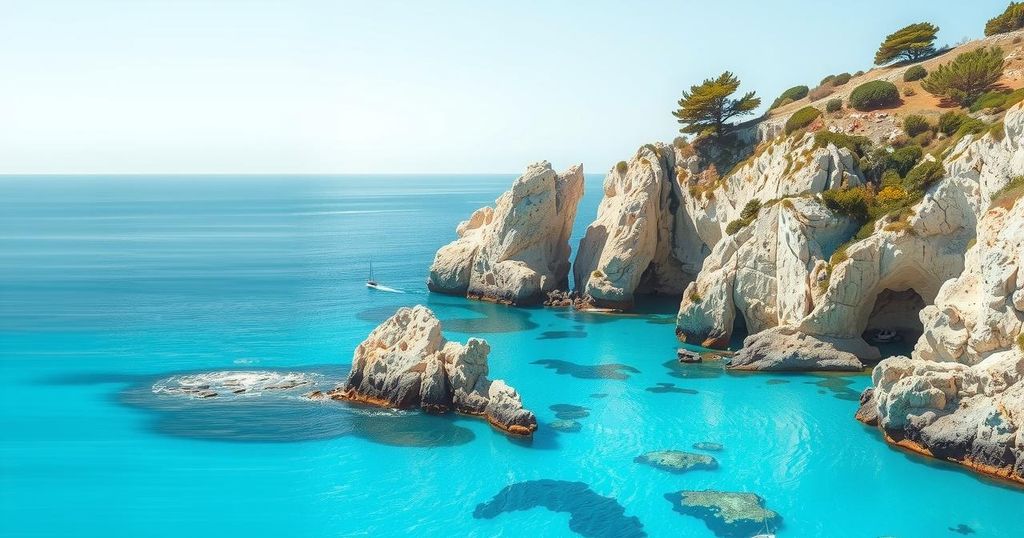PM Modi in Cyprus: Three Reasons Why the Nation Matters for India and the Turkey Angle

PM Modi visits Cyprus for the first time in over 20 years, highlighting India’s strengthening ties particularly against the backdrop of Turkish relations with Pakistan. Modi’s discussions in Nicosia aim to enhance economic collaboration and counter-terrorism cooperation. Cyprus’s role in the India-Middle East-Europe Economic Corridor adds to its strategic importance.
Prime Minister Narendra Modi’s visit to Cyprus marks a significant milestone as it is the first trip by an Indian Prime Minister to the nation in over two decades. This visit serves multiple purposes, including strategic dialogue with Cyprus regarding their partnership and signaling a nuanced stance toward Turkey, which has been strengthening its relationship with Pakistan. Modi’s itinerary includes meetings with President Nikos Christodoulides and discussions with business leaders in Limassol, underscoring the importance of this trip for India.
Cyprus is strategically situated in the eastern Mediterranean near Turkey and Syria, and it is a member of the European Union, despite being largely geographically in Asia. The nation gained independence from British rule in 1960, but a power-sharing arrangement between its Greek and Turkish communities escalated tensions and violence soon after. The conflict reached a peak in 1974, after a coup supported by Greece prompted Turkey to intervene militarily. This resulted in the northern part declaring itself as the Turkish Republic of Northern Cyprus, an entity recognized only by Turkey.
India has fostered strong relations with Cyprus, which is described by the Ministry of External Affairs as a “dependable friend.” The government in Nicosia has backed India’s bids for permanent membership in the UN Security Council and supported crucial agreements like the India-US Civil Nuclear Agreement. In contrast, Turkey’s support for Pakistan—in particular regarding Kashmir—has complicated relations with India, especially given its recent military engagements involving drones of Turkish origin.
Ahead of his departure, PM Modi emphasized the significance of solidarity against cross-border terrorism during this three-nation tour. His agenda aims not only at thanking countries for their support but also at reinforcing a global commitment to combatting terrorism. This trip is about fostering mutual understanding, which is crucial at this juncture.
Cyprus offers economic and strategic value as part of the India-Middle East-Europe Economic Corridor (IMEC), a vital project aimed at enhancing trade relations and connectivity. Its geographic position in the Mediterranean makes it a key player in facilitating these connections. Furthermore, Cyprus is scheduled to hold the Presidency of the Council of the EU in the first half of 2026, positioning Nicosia as a pivotal ally for India as it seeks to strengthen ties with Europe in trade and security areas.
Prime Minister Narendra Modi’s visit to Cyprus carries significant implications for India, reflecting a strategic friendship rooted in mutual support against terrorism and economic collaboration. The historical backdrop of Cyprus and its relationship with Turkey frames this visit as critical for India’s diplomatic goals. As the groundwork is laid for stronger ties and infrastructure cooperation through projects like IMEC, Cyprus is positioned to play a larger role in India’s aspirations towards Europe.
Original Source: indianexpress.com








